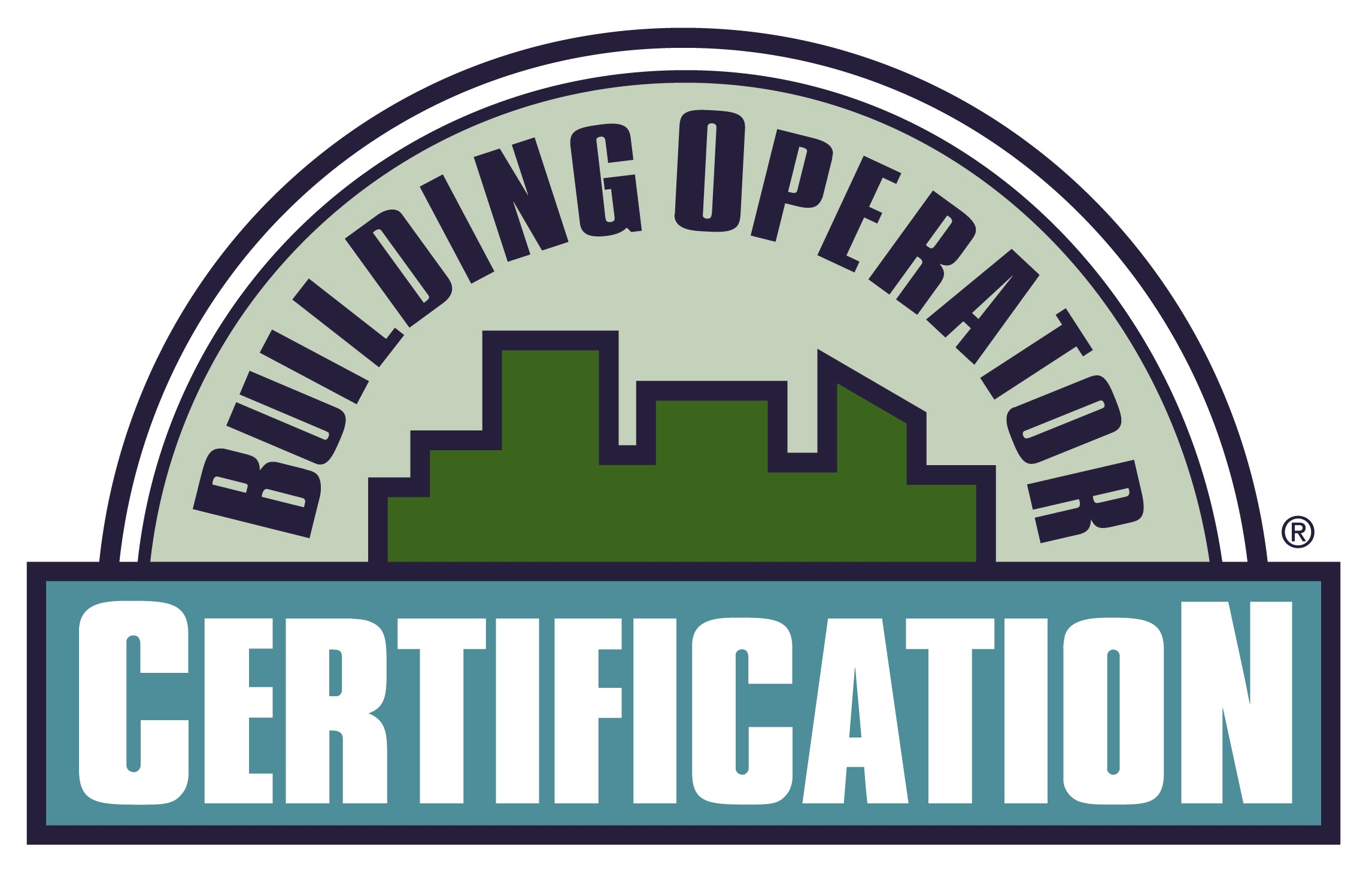

The Building Operator Certification (BOC) Program is the leading training and certification program for building operators and facility managers. This program provides true value and lasting impact for those organizations and individuals who invest in it. The cost in time and money to employers who send operators to BOC training are quickly offset by savings for the facilities they serve, the savings averaging approximately $11,000 per year. These savings were reported by various BOC programs around the county that have reported savings to their public utility commissions, the report Energy Savings for the Building Operator Certification Program provides details on several programs and the savings associated with operator attendance and certification.
BOC is a training and certification program for building operators that offers combined classroom and online instruction that, merged with hands-on projects, transfer into reduced building operational and energy expenses, extended longevity of building equipment, and a confident, competent workforce.
There are a multitude of benefits that are achieved through participating in the BOC course. These trained operators are able to immediately use their training-acquired knowledge to make buildings not only safer but also more comfortable for its occupants and extend the longevity of building equipment. BOC graduates consistently report the benefits of training to include more effective problem-solving, increased equipment efficiency as well as lower energy bills. This is reported by the Research in Action. Operational efficiencies and savings more than cover the cost of BOC tuition. In addition, the Building Operator Certification program teaches operators about low-cost and no-cost ways to reduce energy costs.
The Level I course series offers eight one-day classes with Level II offering seven one-day classes. Course series consist of classroom training, project assignments to be completed at the participant’s facility, and in-class exams administered at the end of each day of training. Completion of Level I requires a time commitment of 74 hours; Level II requires 61 hours.
Classes consist of lecture, discussion, small group exercises, and facility tours. Facility projects require participants to demonstrate competence in locating building equipment, distribution pathways, and control points; calculating facility energy consumption; critiquing HVAC systems operation; and, sketching the facility’s electrical distribution system.
To become Level I certified, participants must attend seven classes, complete class exams and assigned projects for a total of 74 hours, or 7.4 CEU’s.
Level I classes support the BOC operator skill standard by devoting significant content to the topics of HVAC controls, common opportunities for operational improvements, and building scoping for energy efficiency. The Level I course series provides building operators with knowledge and skill enhancement in the key activities associated with energy efficient building operations. 1001-1006 are core classes, complemented by one of the supplemental classes which are selected by area program administrators to enhance the BOC training experience to specific regions throughout the country.
The Green Building Certification Institute (GBCI) has approved the core BOC Level I curriculum for continuing education hours toward the LEED Credential Maintenance Program. 1001 is approved for 16 GBCI continuing education hours, while 1002-1006 are each approved to earn a LEED credential holder 8 continuing education hours. For more information visit our Recognition and Accreditation page.
Core Classes:
1001 – Energy Efficient Operation of Building HVAC Systems
1002 – Measuring and Benchmarking Energy Performance
1003 – Efficient Lighting Fundamentals
1004 – HVAC Controls Fundamentals
1005 – Indoor Environmental Quality
1006 – Common Opportunities for Low-Cost Operational Improvement
Continuing Education Hours Offered by:
COURSE STRUCTURE: CORE AND ELECTIVES
To become Level II certified, participants must attend four core classes and at least two supplemental classes, complete class exams and assigned projects for a total of 61 hours, or 6.1 CEU’s.
Core Classes:
201 – Preventive Maintenance & Troubleshooting Principles
202 – Advanced Electrical Diagnostics
203 – HVAC Troubleshooting & Maintenance
204 – HVAC Controls & Optimization
Continuing Education Hours Offered by:
Industries and Organizations that Benefit from BOC
If you are interested in attending or hosting a course please contact SPEER.
If you are interested in becoming a BOC Instructor please visit our Call for Instructors for information on required qualifications.
This website uses cookies.